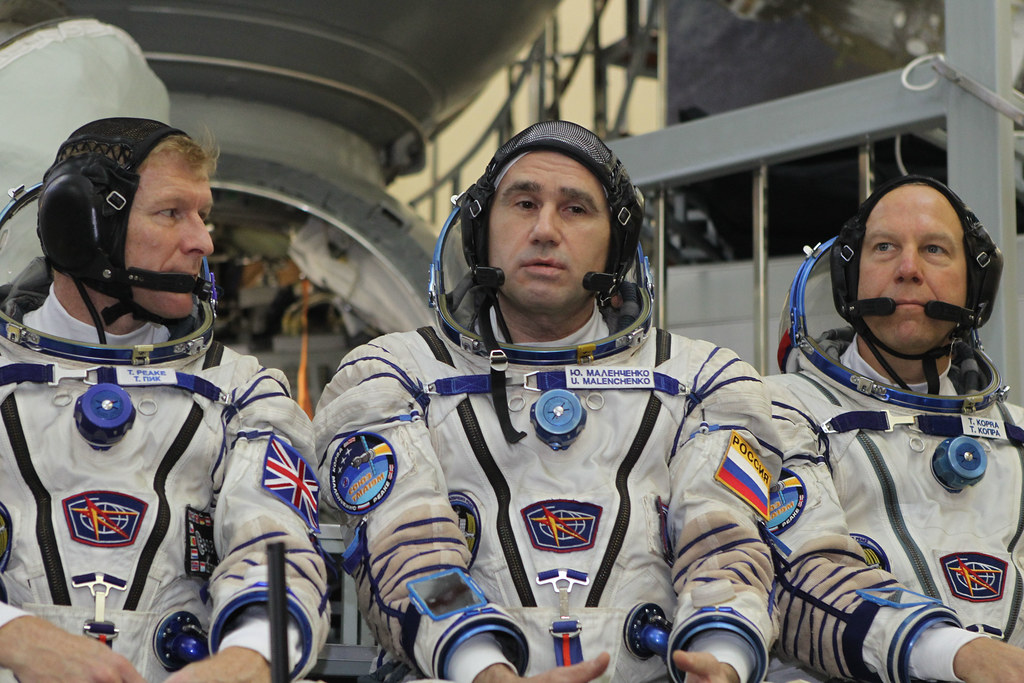What Russia is doing to protect space plans

The Roscosmos space program is one of the secrets that Russia holds most jealously. Giuseppe Gagliano's analysis
Alexander Bortnikov's ordinance detailing a list of information which, if disclosed or transmitted to a foreign organization, a state or individual would constitute a violation of Russian national security, has effectively shrouded Russia's military-industrial activities in secrecy. .
The order of Bortnikov, head of the FSB, entered into force on 11 October and concerns not only the FSB, but also the activities of the SVR, the GUSP and Rosgvardia and the military-industrial complex. The order makes it impossible to share or comment on this information as this entails the risk of being classified as a "foreign agent" and confirms what was indicated this summer.
In particular, the order protects the Roscomos space program from the eyes of curious observers. The program, which is part of a strategic sector currently experiencing a sharp slowdown that proves difficult to hide, is one of Moscow's most closely guarded secrets.
The space sector is affected by about 24 of the 60 motions of order of the FSB, which effectively put a wall of silence around the sharing of any information related to the Roscosmos program. This means that the program, the innovations, the business results, any difficulties encountered, as well as the space weapons projects overseen by Yuri Borisov are effectively shrouded in secrecy.
The budgetary issues faced by the agency, which is led by former Russian ambassador to NATO, Dmitry Rogozin, are a driving force behind the need to keep civilian, military and dual-use space programs secret. Already at the beginning of the year, Rogozine, the former deputy prime minister of defense and space industry, did not hold back from complaining about the acute lack of resources available to Roscosmos. These are incomparable to those of the Soviet era, even though Moscow openly claims to rival the prestigious programs of its American, European and Asian competitors.
Despite the aforementioned budget restrictions, as well as the numerous incidents in recent years involving the modules of the International Space Station (ISS), Russia has repeatedly reiterated its intention to put a new Russian space station into orbit by 2030, as well as its plan to build a new space station with China. Space monitoring is another important area for the Russian space sector, as illustrated by the announcement by the Russian Defense Minister on October 4 in which he outlined plans for the implementation of an optical laser surveillance system by 2025. Next to this, Russia is involved in the race for space tourism. It does so in direct competition with those American billionaires who are looking to participate in the space experience and, as a result, Roscosmos has offered a trip to space to the Japanese e-commerce magnate Yusaku Maezawa. This trip is scheduled for December, ahead of the voyage to the moon with the Starship ship that was offered to the businessman by the American counterpart of Roscomos SpaceX in 2023.
Although in principle it is an area of competition, in reality space is one of the rare areas in which Moscow cooperates with its European neighbors, as evidenced by the joint mission with the European Space Agency ExoMars. ExoMars plans to launch a Mars exploration rover in late summer 2022, mirroring NASA missions of the same type. Roscosmos is also expected to launch the Luna-25 lander in July; this Russian lunar mission, the first since 1976, has suffered many delays, caused in particular by the European sanctions against Russia following the conflict in eastern Ukraine – even against Dmitry Rogozin himself – and a subsequent slowdown in the deliveries of components.
This lack of resources is forcing Roscosmos administrators to narrow their priorities and focus on sensation rather than innovation in their projects, and to curtail their space research.
Eager to create new "firsts" – as with Layka or Yuri Gagarin in past years – in early October Roscomos sent an actress and director, accompanied by cosmonaut Anton Shkaplerov, to the ISS where they met ISS cosmonauts Petr Dubrov and Oleg Novitsky and filmed the scenes of the first space feature film.
This is a machine translation from Italian language of a post published on Start Magazine at the URL https://www.startmag.it/mondo/russia-programma-spaziale/ on Sun, 17 Oct 2021 06:00:40 +0000.
